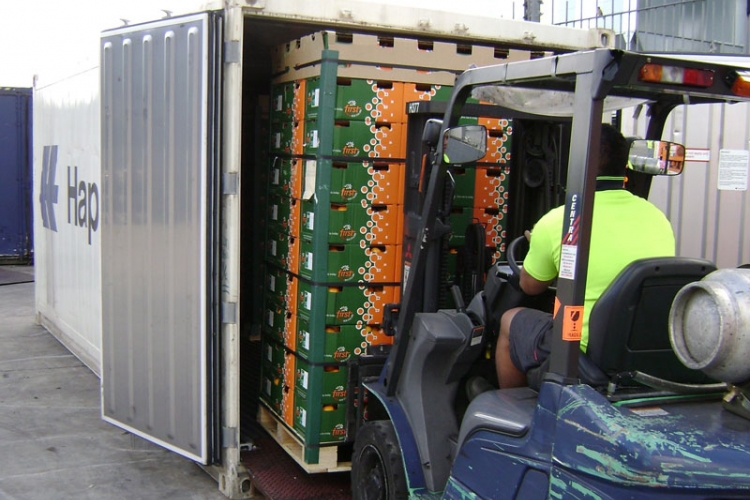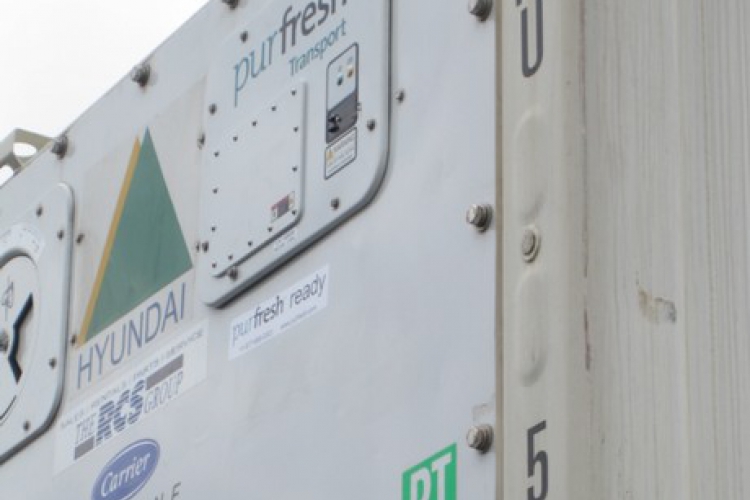Adjustable Temperature, CO2, and O2 Levels At Sea - featured at FreshPlaza
“We provide remote, in-transit corrective actions to containerized shipments.”
All year long, vessels shipping fresh produce are moving all over the globe and are in some cases out to sea for a time frame of 30 days or more. Importers, shippers, traders, also called beneficial cargo owners, all want their produce to arrive at the destination in excellent condition for optimum shelf-life and quality product.





